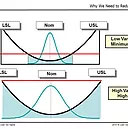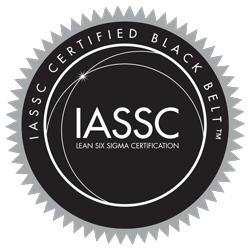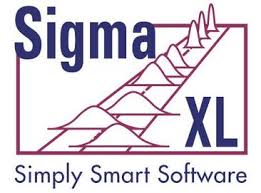#LeanSixSigma and the DMAIC method use measurement and collection of data from business processes, #hardfacts and statistical data analysis for evidence based management decisions. Data Driven Decision making (DDD) is a key component of Lean Six Sigma. In his book “Profiting from Evidence Based Management” ( 2008 ) Jeffery Pfeffer, professor of organizational behavior at Stanford University’s business school ( and a Six Sigma advocate ) says that it is time for all managers to be more “Six Sigma’ about the way they make decisions and solve business problems.
You may also be interested to read Dr. Pfeffer’s article on the same subject in the Harvard Business review https://hbr.org/2006/01/evidence-based-management.
Interestingly Pfeffer points out the two most common and erroneous ways management currently make business decisions are 1. Using the opinion of an “Expert” and 2. Dogma and Ideology.
The downfall of the “Expert” method is that “Experts” see everything only through their own skill set. Pfeffer explains:
“If you want to have an operation, ask a surgeon if you need one.” ( Joke haha ) Similarly, if your business needs to drum up leads, your event planner is likely to recommend an event, and your direct marketers will probably suggest a mailing. The old saying “To a hammer, everything looks like a nail” often explains what gets done.
The downfall of the “Dogma” method of management is perhaps more obvious.
Pfeffer explains:
When people are overly influenced by ideology, they often fail to question whether a practice will work—it fits so well with what they “know” about what makes people and organizations tick. In business, the use and defense of stock options as a compensation strategy seems to be just such a case of cherished belief trumping evidence, to the detriment of organizations. There is, in fact, little evidence that equity incentives of any kind, including stock options, enhance organizational performance. A recent review of more than 220 studies compiled by Indiana University’s Dan R. Dalton and colleagues concluded that equity ownership had no consistent effects on financial performance.
Instead of using ‘Expert Opinion’ of ‘Dogma’ we should follow the Six Sigma way of problem definition ( Define), data collection ( Measure ), data analysis ( Analyze ) before we make a decision on how to improve ( Improve ) our business processes.















